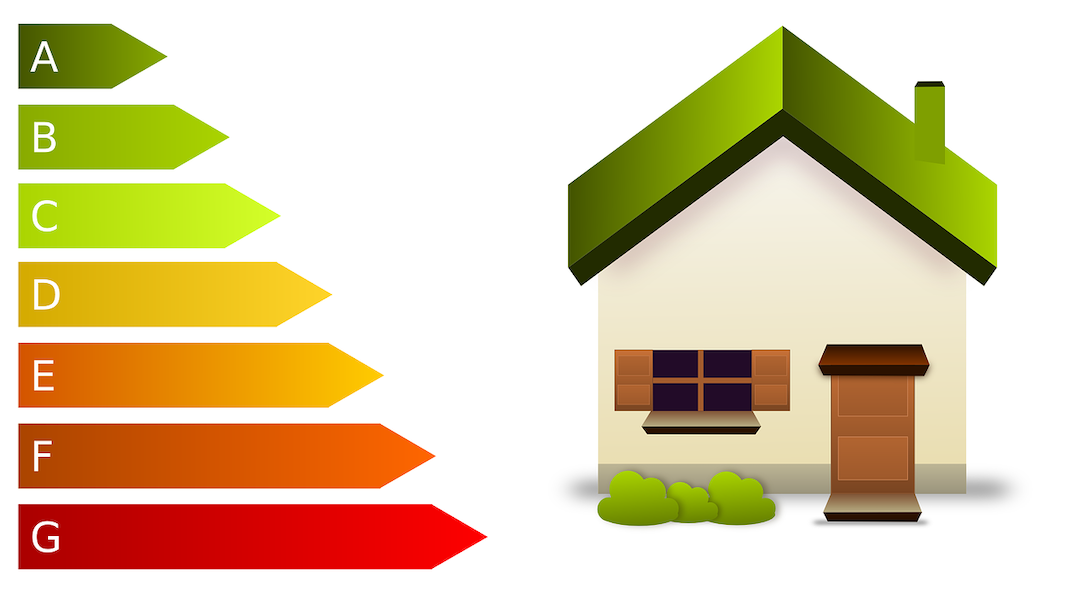Recent findings from the Better Buildings Partnership raise serious questions about the efficacy of energy efficiency ratings used in the United Kingdom.
The study found that buildings that have received the highest rating—an A Energy Performance Certificate—use more energy than some of their peers rated C, D, E, or F. The analysis of self-reported energy data in 2020 for more than 1,100 commercial properties found that the median energy intensity for all B-rated buildings is higher than for C-rated buildings.
The disparity between how buildings are designed and their actual greenhouse gas emissions is widespread in the U.K. The findings are in line with past evidence that green building certifications based on predicted energy use don’t necessarily translate to energy savings in the field.
Some studies have found that LEED certification yields better energy efficiency, but others have found that certified buildings use more energy than non-certified buildings. The U.S. Green Building Council maintains that its own research shows certified buildings are overall more efficient.
Part of the explanation for the disparity between ratings systems and real-world results could be due to the limitation of assessments that only predict potential energy efficiency. In practice, building management systems may not be set up or used properly. In addition, people sometimes undo the efficiency design by bringing fans into buildings or installing additional air conditioners.
Related Stories
Codes and Standards | Feb 2, 2018
How workplace design can position financial services companies for success
HOK report examines forces reshaping industry.
Codes and Standards | Jan 31, 2018
California is the first state to phase out incandescent light bulbs
In two years, the rest of the U.S. will follow suit.
Codes and Standards | Jan 31, 2018
Automated tool assists in design of force transfer around openings
Engineered Wood Assn. offers free calculator and technical note.
Codes and Standards | Jan 31, 2018
First large-scale use of perovskite solar cells in office building slated for Poland this year
Skanska will integrate the technology into building facades.
Codes and Standards | Jan 29, 2018
Advanced Energy Design Guide for K-12 Schools to achieve zero energy
Publication is joint effort by ASHRAE, AIA, IES, and USGBC.
Codes and Standards | Jan 26, 2018
Flying drones while inebriated now illegal in New Jersey
Violators could be sentenced to six months in jail.
Codes and Standards | Jan 25, 2018
OSHA penalties for violations increase
Fines adjusted for inflation in the New Year.
Codes and Standards | Jan 23, 2018
Disaster mitigation strategies that exceed code could save billions
Four dollars saved for every dollar spent, says NIBS report.
Codes and Standards | Jan 19, 2018
U.S. construction fatalities rose 6% in 2016
Falls accounted for 39% of deadly accidents.
Codes and Standards | Jan 18, 2018
Record storm surge in Boston prompts renewed calls for flood mitigation infrastructure
Newer buildings constructed in flood zone fared well.

















